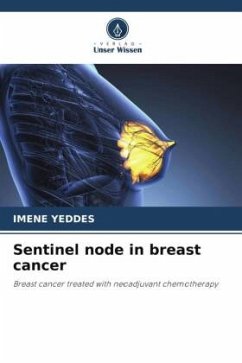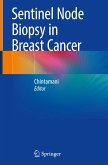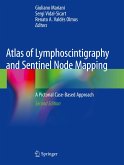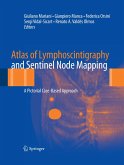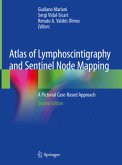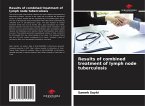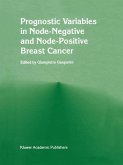Breast cancer remains today the leading cause of cancer death in women with an incidence that increases every year and poses a public health problem.The evolution of oncological treatments and the progress in the surgical management of breast cancer have been marked by a therapeutic de-escalation thanks to the development of multidisciplinary management in oncology.The lymph node status in breast cancer is important to know to establish the therapeutic strategy. The probability of tumor recurrence is higher in women with lymph node involvement and increases with each affected lymph node. For this reason, axillary curage has long been the reference method. However, this method leads to short and long term morbidity that can deteriorate the quality of life of these patients.Thus, the sentinel node technique (SNT) has been proposed as a solution to avoid curage in patients without lymph node involvement.But is it legitimate to use it in the context of neoadjuvant chemotherapy?

